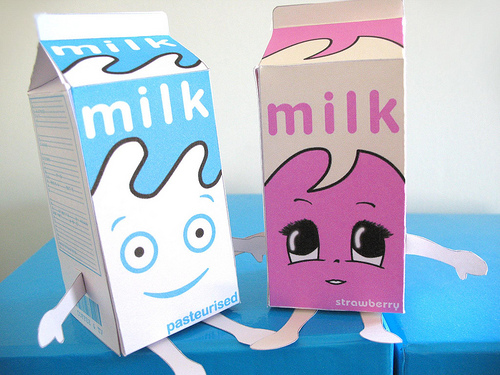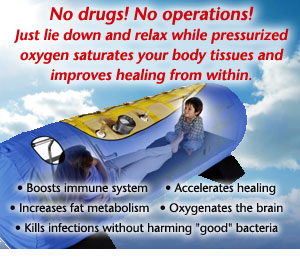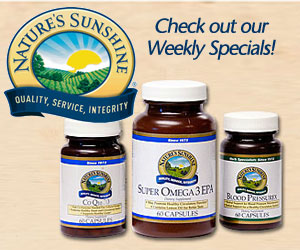Is Dairy Milk Friend or Foe for Human Health?
 The value of dairy milk in human nutrition has been highly disputed in the United States for a long time. Some health practitioners and writers condemn milk completely, most on the grounds that: 1) animal milk is intended by nature to nourish young developing animals; 2) no animal ever uses milk after the period of lactation, once that offspring has been weened; 3) raw milk can be dangerous because it is an excellent breeding environment for pathogenic bacteria; 4) today’s milk is loaded with chemicals, drugs, pesticide residues, hormones and antibiotics. There are others who claim that milk is an excellent and irreplaceable food for man, one of the most complete, protective and nourishing foods available.
The value of dairy milk in human nutrition has been highly disputed in the United States for a long time. Some health practitioners and writers condemn milk completely, most on the grounds that: 1) animal milk is intended by nature to nourish young developing animals; 2) no animal ever uses milk after the period of lactation, once that offspring has been weened; 3) raw milk can be dangerous because it is an excellent breeding environment for pathogenic bacteria; 4) today’s milk is loaded with chemicals, drugs, pesticide residues, hormones and antibiotics. There are others who claim that milk is an excellent and irreplaceable food for man, one of the most complete, protective and nourishing foods available.
As often is the case, both sides have their points, however, dairy milk these days could be considered unfit for human consumption. It is loaded with toxic and dangerous chemicals. Cows are treated with various antibiotics, specifically penicillin and aureomycin, to combat mastitis and other diseases. Considerable residues of these drugs are found in milk. Today’s milk is contaminated with pesticides, herbicides and often with detergents that have been used in washing milking machines and other utensils.
Pasteurization of milk was originated to protect the consumer from disease-causing bacteria that may be transmitted with milk. But pasteurization also destroys a lot of the nutritive value of the milk. It destroys some of the vitamins and changes the chemical structure of the protein and renders it, and the minerals contained in the milk, less digestible and assimilable.
Because of the difficulty utilizing milk efficiently, many people and especially children, get very mucousy in the nasal and sinus passages, often contributing to sinus and ear infections, as well as a generalized compromise to their immune systems.
Therefore, if you can’t get a high quality dairy milk, raw and unpasteurized, guaranteed to be from organically raised animals and 100 percent free from chemical additives, drugs, detergents, insecticide and herbicide residues, then you and your family would be better off to omit milk and milk products from your diet. Only the highest quality, uncontaminated, raw milk from healthy animals could be considered to be a healthful addition to your nutritional regimen.
It is only fair to note that when we review man’s recorded history, milk has been one of the staple foods as far back as records go, and undoubtedly before. It is also worthy to mention that cultures we have associated with remarkable health and long life—Swedes, Bulgarians, Russians—have traditionally been heavy milk consumers. These people, particularly the long-living Bulgarians, use very little meat, but consume large quantities of milk and milk products.
In the past, the quality and source of their milk and milk by-products has been the difference. As populations grow and there are more and more commercial and mechanized ways of treating dairy milk, health challenges associated with these changes often arise.
Clabbered milk (soured milk like buttermilk), kefir and yogurt have a beneficial influence on gut flora (good bacteria found in the intestinal tract and very important for many reasons), but again, homogenation and pasteurization keep the good bacteria levels relatively low, compared to much of what the advertisers would have you consider.
Some alternate sources of calcium are green leafy vegetables, okra, black strap molasses, almonds, almond butter, calcium/magnesium supplements found in health stores, are some examples.
For all your natural health needs, stop in or contact Herbs & More—Your Natural Health Center, Encinitas, Ca. 760 753-7272.




